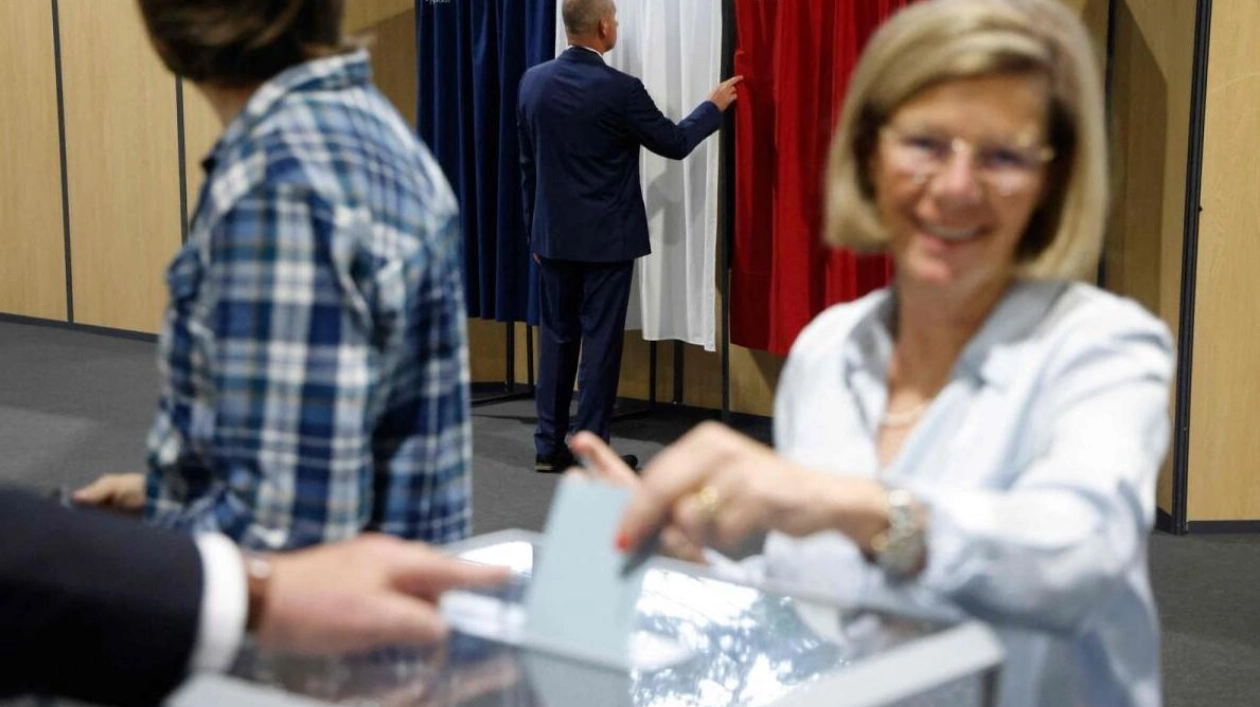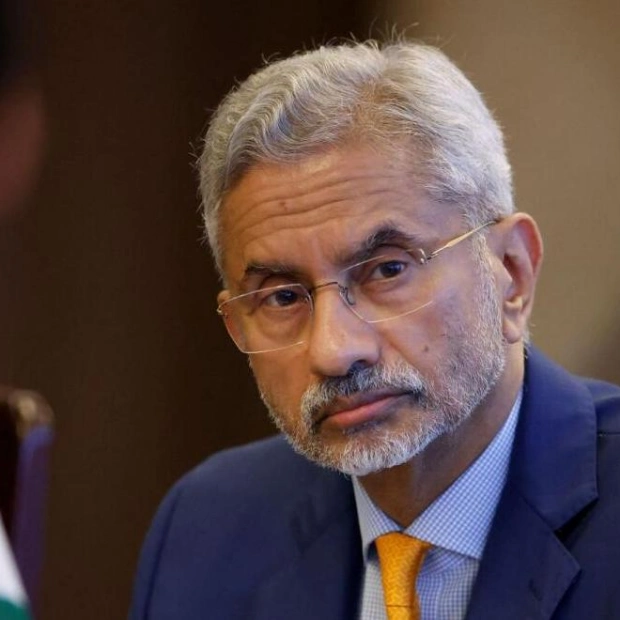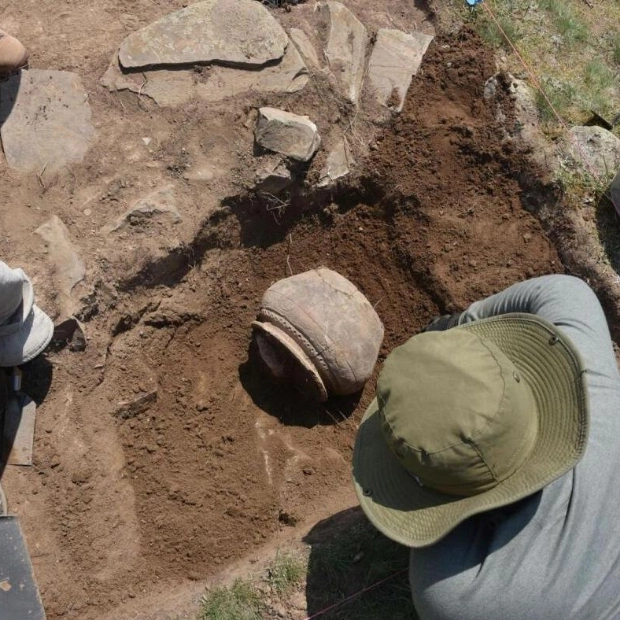France held its second round of critical elections on Sunday, with the far right expected to emerge as the leading force in a divided and paralyzed parliament. President Emmanuel Macron had called these snap elections three years early, following a significant loss in the June European Parliament elections, a move that now appears to have backfired. Far right leader Marine Le Pen's National Rally (RN) topped the first round on June 30 and is poised to do so again in Sunday's run-off. However, she may fall short of securing an outright majority, which would prevent Macron from appointing RN's leader, Jordan Bardella, as prime minister just before the Paris Olympics.
A hung parliament dominated by eurosceptics and anti-immigration factions could undermine France's international credibility and jeopardize Western unity against Russia's invasion of Ukraine. In response, over 200 tactical voting agreements were formed between center and left-wing candidates last week, aiming to block RN from achieving an absolute majority. These agreements have been celebrated as a revival of the anti-far right 'Republican Front,' reminiscent of the 2002 presidential elections.
According to recent polls, RN is likely to miss the 289 seats needed for a majority in the 577-seat National Assembly, but will still be the largest party. This scenario might enable Macron to form a broad coalition against RN and maintain Gabriel Attal as a caretaker prime minister. However, it could also lead to prolonged political paralysis in France as it gears up to host the Olympics starting July 26.
In a pre-election interview, Attal warned of the catastrophic implications of an extreme right-dominated majority. Many are puzzled by Macron's decision to call early elections, which could result in the RN doubling its parliamentary presence and his centrist MPs halving. Despite this, Macron is determined to clarify French politics into three distinct camps: far right, center, and hard left.
Final polls suggest RN could win between 170 to 210 seats, followed by the New Popular Front (NFP) with 145 to 185, and Macron's centrists with 118 to 150. Although Macron's Ensemble alliance is projected to come third, the NFP, a coalition of various left-wing factions, remains a fragile entity. Analysts at the European Council on Foreign Relations (ECFR) predict a significant political shift in France, warning of potential legislative gridlocks that could diminish France's influence on the European and international stage.
Macron, who has kept a low profile recently to avoid further alienating voters, has pledged to serve his term until 2027. Meanwhile, Le Pen sees this as her best opportunity to capture the presidency. She has criticized Macron's vision of a single-party rule and accused French elites of conspiring against the RN. Despite a few scandals involving RN candidates, the party managed to navigate the final week of campaigning. Voting commenced on Saturday in France's overseas territories and continued in mainland France, with polls closing and projections being released shortly thereafter.
During the four-week campaign, which was the shortest in modern French history, over 50 candidates and campaigners were physically assaulted. This weekend, 30,000 police, including 5,000 in Paris, were deployed to maintain order.






